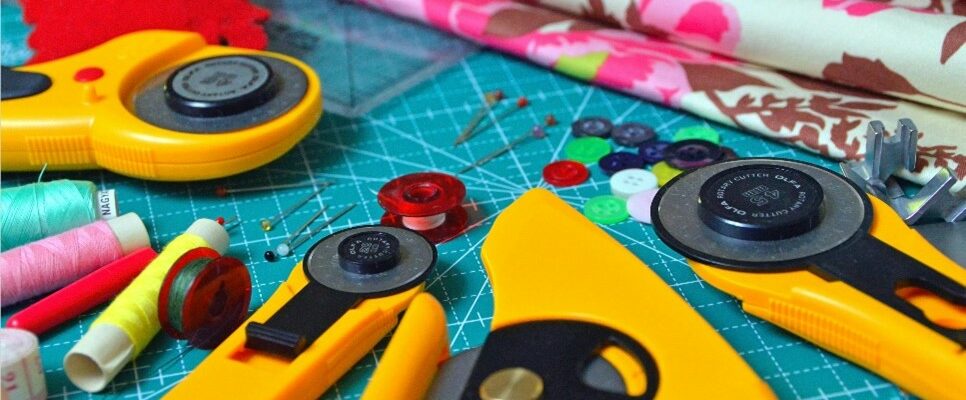

Understanding Sustainable Fashion Behavior: Key Trends and Practices
Sustainable fashion behavior reflects a shift towards more eco-friendly and ethical clothing choices. Consumers are increasingly prioritizing quality over quantity, opting for durable and versatile items rather than fast fashion. Shopping second-hand and vintage is popular for reducing waste and finding unique pieces. Ethical brands that commit to fair labor and sustainable sourcing are gaining support, with certifications like Fair Trade helping guide choices.
DIY projects and upcycling are on the rise as people look to extend the life of their clothing and reduce waste. Transparency about production practices is also important, with consumers seeking detailed information about how and where their clothes are made. Circular fashion, which focuses on recycling and repairing garments, is becoming more prevalent as people advocate for closed-loop systems in fashion.
Overall, these behaviors reflect a growing awareness of the environmental and social impacts of fashion, leading to more conscious consumption and support for sustainable practices.


Gefinancierd door de Europese Unie. De hier geuite ideeën en meningen komen echter uitsluitend voor rekening van de auteur(s) en geven niet noodzakelijkerwijs die van de Europese Unie of het Europese Uitvoerende Agentschap onderwijs en cultuur (EACEA) weer. Noch de Europese Unie, noch het EACEA kan ervoor aansprakelijk worden gesteld.
